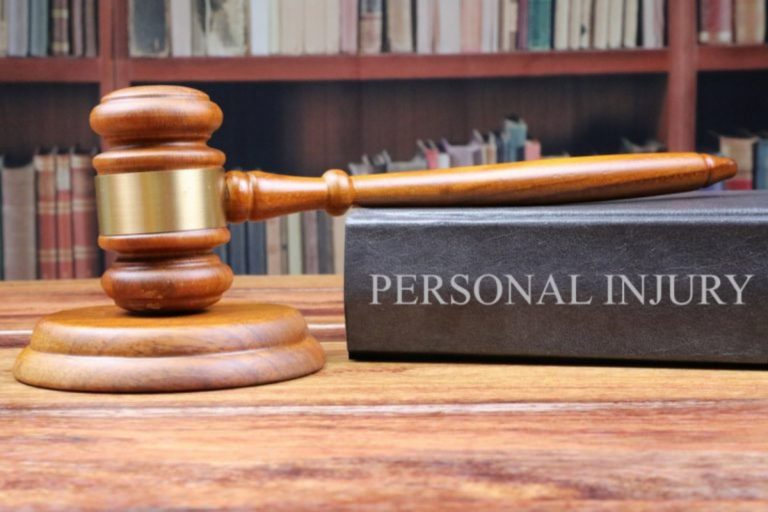A lot of financial planners can talk the talk, but can they walk the talk? What you really need is someone you can trust with your money and who can help you realise and reach your financial goals. That’s the mark of a good financial planner, but there’s so much more to it.
A financial advisor has the skills and knowledge to help individuals manage their money and can provide various financial planning services, including simple tasks like money management, budgeting guidance and investment management, to more complex topics such as tax preparation, estate planning and insurance needs.
Working with a financial planner with the right certifications and expertise suited to your needs is key to choosing the right person to handle your finances. When you get this right, you won’t end up paying for services you don’t need or working with someone who doesn’t prioritise your goals. To help you find a financial planner who is going to make your money work for you, then keep reading for the only guide you need.
Is there a difference between a financial planner and an advisor?
While many people tend to blur the lines between a financial planner and an advisor, they do have subtle experiences. A major difference comes in what they focus on and specialise in.
A financial planner typically focuses on comprehensive financial planning, which involves analysing various aspects of a client’s financial situation and creating a roadmap to help them achieve their financial goals.
They’ll often focus on factors like budgeting, saving, investing, retirement planning, tax strategies, estate planning, and insurance needs. They’ll generally work with clients over a long time, providing them guidance until their goals are reached.
Financial Advisor is a bit more of a broader term. They generally offer a wider range of services, including financial planning, advising on investments, and wealth management. While some advisors specialise in offering multiple services, others specialise in specific services like investment management, tax planning or risk assessment.
1.Identify your financial goals
When choosing a financial planner, the best place to start is to understand exactly what you want to get out of the relationship. Financial planners have a wide range of services they can provide and specialise in, so know what you want when looking for the right person to part with. To help you identify what you need help with, here are a few questions to ask yourself:
- Do you want help with investing your money?
- Do you need help setting a budget?
- Does holistic financial management interest you?
- Do you have savings goals you wish to achieve?
- Do you want to create a financial plan?
- Do you need to get your estate planning in order?
- Do you want to create a trust?
The answers to these questions will indicate who the right financial planner is for you – whether you need an all-in-one financial advisor who can help with multiple financial concerns, someone who has specialised in a specific area of finances, or a low-cost Robo-advisor.
2.Understand the different types of financial planners
Understanding the different types of financial planners is also helpful, While some planners may function in all types, it’ll still benefit you to know how they work. Firstly, there are “Tied” financial planners who a financial service provider usually employs. They’ll prioritise selling products from this financial service provider but can also offer services or products from other providers.
Independent financial planners are those who are accredited but function alone. They’ll usually offer a comprehensive selection of services and products from different suppliers, offering you more options.
3.Find a financial advisor
A financial planner can be called many different names: brokers, certified financial planners, investment advisors, financial coaches, and portfolio managers. Who can you trust with your hard-earned money? Here are a few ways you can find a financial advisor:
- Through recommendations from people you know and trust
- Through your super fund
- Through your financial institution
- Through your lender
- Through a financial advice professional association
4.Consider your budget
Some financial planners don’t charge for the initial calculations and planning they do, but they’ll earn a commission for any investments or insurances they sign you up for. When this is the case, you might find a person try and push you to take one of the bigger products to optimise their earnings – so, know your budget and stick to it.
Financial planners are there to help create a plan and advise you, but at the end of the day, you are still responsible for your own financial decisions. So, ask questions and know what you’re getting yourself into.
5.Get a second opinion
Always get a second opinion, especially when it’s related to financial plans. Many financial planners will create a plan that will benefit you. However, sometimes, they’re limited to certain products. So, getting a second opinion can help you find better deals or methods to help you achieve your financial goals.
Final Thoughts
A financial planner should be professional, accredited and dedicated to helping you successfully use your financial resources efficiently to achieve your goals. When you consider and follow our steps when choosing a financial planner, you should find the right person to help you on your path to success.






